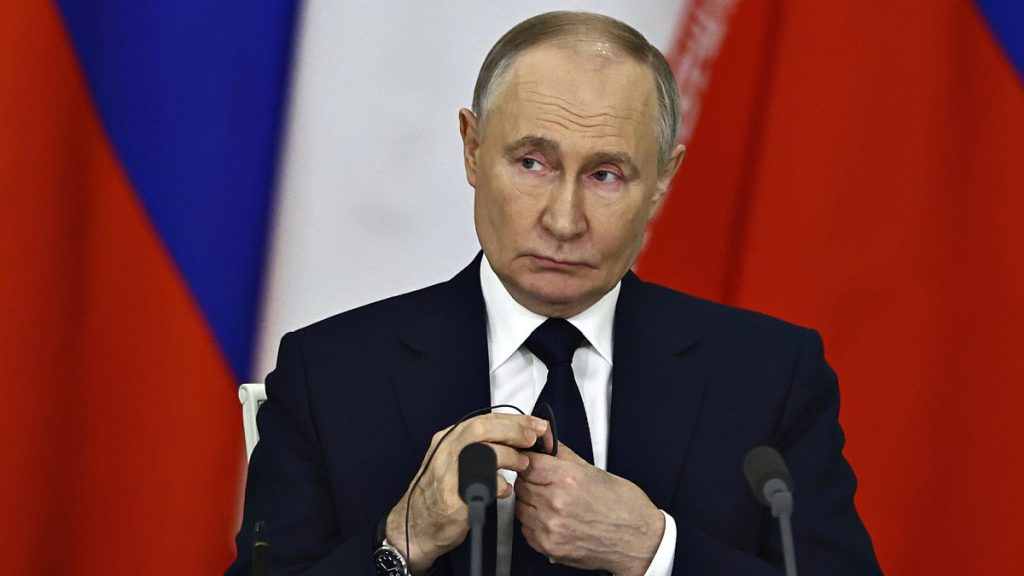A coalition of 38 countries, encompassing all European Union members, has announced significant advancements in establishing a special tribunal to hold Russia’s leadership accountable for the crime of aggression against Ukraine. The core of their efforts revolves around drafting the tribunal’s legal statute, which will define its jurisdiction and operational framework. While the statute isn’t finalized, the coalition aims for its endorsement before year’s end. This initiative represents a critical step towards ensuring that the architects of the invasion, including President Vladimir Putin, face legal consequences for their actions. The tribunal, to be established within the Council of Europe, is expected to prosecute Russia’s political and military leaders.
The tribunal’s focus on the crime of aggression distinguishes it from prosecutions of war crimes, crimes against humanity, and genocide. These latter crimes target individuals directly involved in atrocities, while the crime of aggression addresses the ultimate responsibility of those in control of the aggressor state. This legal framework directly implicates individuals like President Putin, who ordered the full-scale invasion nearly three years ago. The crime of aggression encompasses a range of actions, including invasions, occupations, annexations, and blockades, which violate the United Nations Charter. This approach recognizes that the invasion itself, the act of aggression, is the root cause of the subsequent war crimes and suffering.
The International Criminal Court (ICC) has jurisdiction over the crime of aggression, but this applies only to countries and nationals of countries that have ratified the Rome Statute. Russia, similar to the United States and China, is not a signatory to the Rome Statute, hence the need for a separate tribunal specifically tailored to address Russia’s aggression against Ukraine. This specialized tribunal circumvents the limitations of the ICC’s jurisdiction and demonstrates the international community’s commitment to holding Russia accountable. The establishment of this tribunal sends a clear message that impunity will not be tolerated, and that those responsible for initiating wars of aggression will be held to account.
Establishing a special tribunal for the crime of aggression holds immense symbolic and practical significance. It reaffirms the international legal order and reinforces the principle that launching a war of aggression is a grave violation of international law. Furthermore, it underscores that those in positions of power cannot escape accountability for their actions, even if they enjoy immunity under international law. This effort also serves as a deterrent, aiming to discourage future acts of aggression by establishing a precedent for accountability. The coalition’s commitment to establishing this tribunal signals a resolute determination to uphold international law and promote a rules-based international order.
The establishment of this tribunal carries significant political implications. It demonstrates the international community’s united stance against Russia’s aggression and sends a strong message of support to Ukraine. It also underscores the importance of upholding international law and promoting accountability for violations of the UN Charter. While the practical challenges of prosecuting a head of state remain significant, the political will to pursue justice is evident. Furthermore, the tribunal serves as a powerful symbol of the international community’s rejection of Russia’s actions and its commitment to defending the sovereignty and territorial integrity of Ukraine.
High Representative Kaja Kallas emphasized the urgency of establishing the tribunal “before the war is over” and stressed that no one, including the Russian leadership, is above the law. This declaration reinforces the principle of accountability and sends a clear message of deterrence. Iryna Mudra, from President Zelenskyy’s office, echoed this sentiment, describing the progress on the legal statute as a “major breakthrough.” This collective determination underscores the importance of holding perpetrators accountable to prevent future acts of aggression and ensure that no other nation suffers a similar fate. The establishment of this tribunal, while complex and challenging, represents a critical step towards achieving justice and deterring future acts of aggression.














